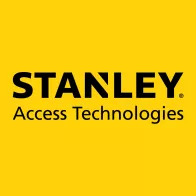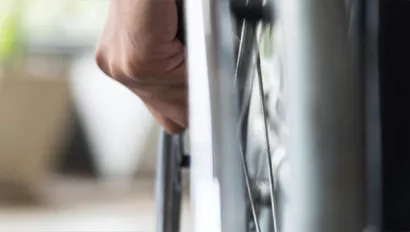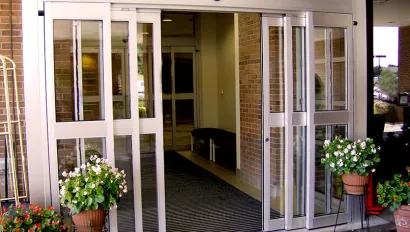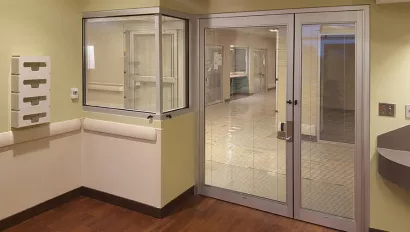How important is sustainable architecture to you?
Ask a group of seasoned architects about the importance of LEED certification in architecture and you’ll get a wide range of answers:
Architect 1: “Almost all our projects are aiming at some level of LEED certification...”
Architect 2: “Our clients don’t have the budget or desire to pay for it…”
Architect 3: “Meh...”
But ask what’s the importance of green or sustainable design, and you’ll get more consistent answers; “It’s to do the right thing for the environment.”
Architects and sustainability
How are architects leading the charge?
Many large firms have a dedicated sustainability team. You’ve made the investment to ensure the entire firm focuses on best practices of sustainability in everything you do; including assigning sustainability experts to every project team going for LEED certification.
Those of you in small to mid-size firms -- on more limited budgets -- are doing all you can. Making sure sustainable, environmentally-friendly products are being “baked” into your specs, whether your projects are going for certification or not.
But doing the right thing isn’t always easy when you’re so busy just trying to get the rest of your work done. How can you easily tell what products are the right ones to use? Let’s look at how the rest of us in the industry are helping you help the Earth.
What’s the industry doing to support your efforts? The role of Environmental Product Declarations
Non-profit organizations like the USGBC are working to promote sustainable practices. Alongside those efforts, product manufacturers are also doing their part.
You’ve asked for transparency from manufacturers to confirm our claims of being green. You’ve asked manufacturers to help in the effort to build a better environment by taking a hard look at our products.
Today, manufacturers are developing third party-verified environmental product declarations (“EPD”) for our products. A validation tool for you to cut through the clutter and quickly decide if a product has earned a place at the top of your specification list.
How do Environmental Product Declarations help you?
To create Environmental Product Declarations which qualify for LEED credits, manufacturers go through a complex process of assessing the environmental sustainability of their products. Also known as a product’s life cycle assessment (LCA).
Once we’ve done that, we compile all of our data into a draft of our Environmental Product Declarations and an independent third-party for verification.
Only then can we register our product with an ISO 14025-compliant Environmental Product Declarations. (That’s the type of Environmental Product Declarations you need if you’re going for some of the Materials and Resources credits under LEED v4.)
“A rising tide lifts all boats.”
Helping you get LEED points is not the biggest reason Environmental Product Declarations are so important to our industry…
There’s a saying made famous by John F. Kennedy, “A rising tide lifts all boats.” This phrase is a great summary of what Environmental Product Declarations are doing for our industry and the environment.
The demand for Environmental Product Declaration-backed products has led to better products for our buildings. It forces manufacturers to review their existing practices. Every material and process that goes into creating their products must be scrutinized.
And if they come up short? They need to step up their game and improve the quality and sustainability of their products.
This new system of checks and balances for manufacturers is helping the industry raise the bar. For what materials and products are acceptable for the buildings where we work, live and play.
STANLEY has your back, Mother Earth…
Here at STANLEY Access Technologies, we know transparency is important to you.
You’re not going to let us skate by just saying our products are healthy, green, and good for the earth. It might be true, but you need to see the backup and the proof.
That’s why you’ll now find our Environmental Product Declarations proudly displayed on many of our products (with more to follow).
It’s one more way we’re helping you and your clients achieve your goals. Whether you’re going for LEED certification, or just want to know you’re specifying like-minded manufacturers for your projects. We’ve got you covered.
If you’re ready to start finding the perfect doors and operators for your next project, you can call 1-800-7-ACCESS (1-800-722-2377) or contact your local US representative.



